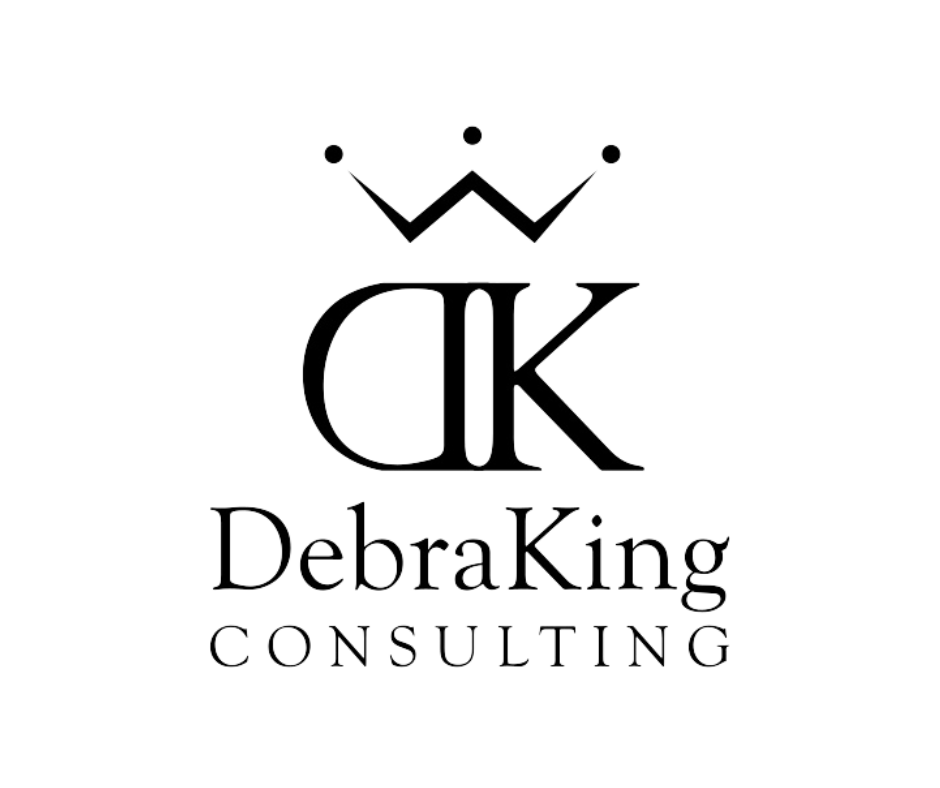A Personal Vision Takes into Account the Whole Person
Success is achieved when you know what you do best and find the right fit between yourself and your job. Discovering what you do best was the first step in the Highlands Whole Person Method. Your journey began with the Highlands Ability Battery (HAB), the most accurate assessment of natural abilities. But discovering your natural abilities is just the starting point.
To develop a Personal Vision and a Career Vision, that knowledge needs context.
The next step on your journey is to explore the other seven essential factors that make up the whole person. Factors such as skills, interests, personal style, family, values, goals, and career development all contribute to making you the person you are today.
The Highlands Whole Person Model identifies eight career decision factors that interact and should be considered when making significant changes in your life and career. For years, Highlands Certified Consultants have worked with clients to understand the model and how it relates to them to create a Personal Vision or a mission statement that represents who you are and your ultimate goals.
Learning about our Whole Person Model ensures that you take your “whole self” into account when making decisions right here, right now. It also provides you with a tool to make decisions at any turning point throughout your life.
Most importantly, taking a whole-person approach provides insights into why and how your decisions differ from those of others.
The Eight Essential Factors in the Whole Person Model
Assessing Your Abilities. Natural Abilities stabilize in a person at about age 14. A true ability or aptitude is not something you must learn. It is something that comes easily to you. When a particular task comes quickly and effortlessly to a person, that is a true ability. The HAB is the most effective assessment of natural or hardwired abilities.
Analyzing Your Skills. Skills are developed and learned at any point in your life. Skills are those function-driven tasks you have learned to do well. They develop over time through study, education, application, and practice. To the extent that you take advantage of your natural abilities in developing a skill, the skill will be acquired more quickly, easily, and fully and will facilitate career development.
Understanding Your Personal Style. Everyone has developed speech patterns, body language, social devices, and personality traits unique to him or herself. Because others respond to your personal style positively or negatively, it’s important to identify the ingredients of your style because this understanding will enable others to relate to you better.
Knowing Your Interests. Over the years, you develop your unique interests. When these are identified and recognized, you can’t help but combine them with your abilities to achieve a fuller and more integrated use of both in your career development.
Reliving Your Family History. Your background and family shape your life and work ethic. We encourage you to examine and understand how your family’s history and intra-family relationships have influenced you.
Relating to Your Values. Your values (i.e., scales for judging good and evil, wise and foolish, moral and immoral) define your reactions to people and events around you. When a sense of your values is combined with knowledge of the other factors in your whole self, you are empowered to bring your plans and choices into sharper focus.
Reaching Your Goals. Every person has goals that control and drive activities, both on a daily basis and over the foreseeable future. You may wish to modify these goals in light of your natural abilities. The results of the HAB may show, for example, that you may be happiest pursuing short-term objectives instead of long-term goals.
Your Career Development Cycle. Everyone confronts critical stages or transitions (turning points) in life. Some of these are work- or career-related. These career issues are sometimes self-created and sometimes caused by external forces (e.g., company downsizing). By defining and facing the issues confronting you at the moment, we can help you through these transitions and empower you to make better career development decisions.
Your Personal Vision as a Guide for Life
A Personal Vision Statement is an articulated, detailed description of how you want to live your life—your whole life, not just your work life. It needs to be based on real and realistic information about who you are, what you like to do and what you do well, what you don’t do well, what you think is worth doing, and what you want to accomplish. It needs to be written down and reviewed often to be effective: THINK IT, WRITE IT, SAY IT, DO IT.
More than just a means to make the next life or career decision that faces you, the Personal Vision Statement serves as a guide for all of life’s challenges and opportunities.
To be useful, a vision needs to be a constantly evolving part of your life.
Two Elements of the Personal Vision Statement
To create a positive Personal Vision Statement, two elements are needed:
Solid data about you
Creative integration
For number one, the Highlands Ability Battery (HAB) has equipped you with solid, objective information about your natural talents.
For number two, the Don’t Waste Your Talent: Your Personal Vision to Life and Career Fulfillment coaching program will enable you to gain clarity in each of the factors that make up the whole person. Integration is the goal.
Guided by your Highlands Certified Consultant (HCC), you will continue your journey of self-discovery by giving careful consideration to each part of your life and bringing them together so that you’re viewing everything at the same time.
A holistic process designed to help you craft a Personal Vision Statement to success and sustained satisfaction.




